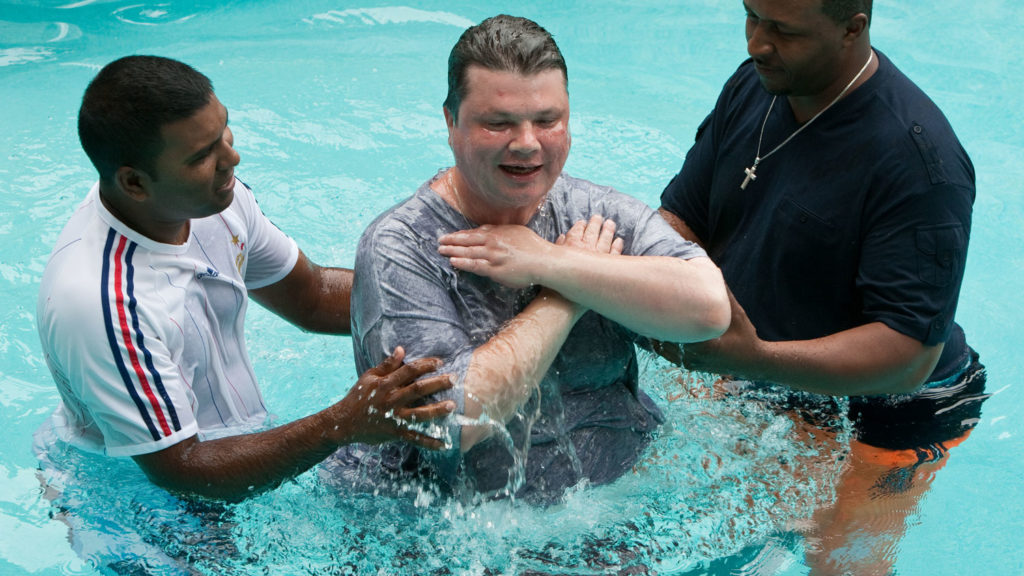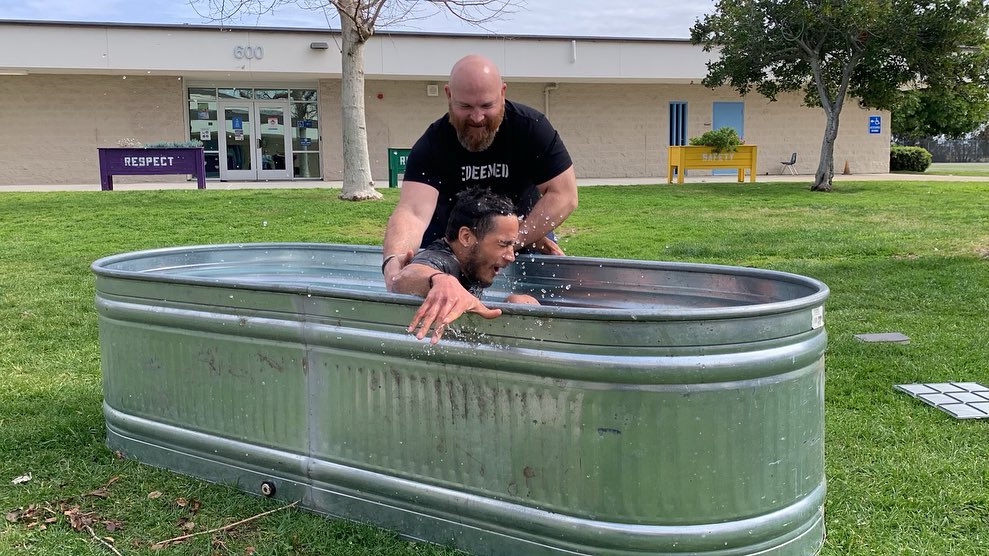Healthy things grow.
If you’ve been in ministry for long at all, you’ve probably heard that phrase at conferences, read it in books and caught it in a pitch for the latest church growth methodology. I don’t disagree. It’s a good concept, but it stops short of being a great concept.
Instead, I want to assert that healthy things reproduce.
There are a lot of factors that can contribute to a church adding to their numbers. For instance, as a church gets healthier, existing Christians are attracted. While it is worth celebrating when a Christian finds a church home where they can truly grow and serve, the celebration is like a family reunion. Members of the family are coming back to where they belong.
On the other hand, it is far healthier for a church to reproduce. That means that disciples are making disciples and new churches are being formed. It’s not just the gathering together of family members, it’s new members being born into the family! Even now, I am awaiting the birth of two more grand babies, and I can tell you: There’s no joy like when a new baby is born into the family!
In my role as the director of the Salt Network, I love to see our new plants launch with big crowds, but I am even more excited when they are regularly baptizing new adult believers. In other words, if our church plants aren’t marked by conversion growth, then we believe that we aren’t as healthy as we should be.
So far, we’ve planted most of our churches where there are already a number of alumni from Salt Company, our college ministry. Take Cottage Grove Church in Des Moines for example. There were over 400 people at their first service! Even after the well-wishers were gone, the congregation is still over 300 people. We’re well aware this isn’t normal for a church plant and it will only be a win for us as those people invest the gospel into that community and new disciples are born.
Thankfully, we’ve already seen God bringing conversion growth to other plants in our network. In their first three years, Candeo Church in Cedar Falls has seen 252 people baptized! Disciples are making disciples. Again, healthy things reproduce—Candeo planted Anthem Church in Columbia, Missouri this past August.
Here’s the bottom line. I believe conversion growth is a meaningful metric for church planting because it’s the point of church planting. Conversion growth is proof that effective evangelism is happening. People are sharing their faith. The gospel is being proclaimed. God is granting life and sinners are repenting.
Transfer growth usually happens in church planting, but it’s not what we celebrate. A church plant that primarily gathers existing Christians is likely never to become a church planting church. The church’s growth and ability to reproduce will be stunted. Something is off in the DNA.
Likewise, churches can also grow as Godly families raise children who come to faith and are baptized. At Cornerstone Church, we average about one baby born per week. We have been blessed to see many kids who were born to Cornerstone members accept Jesus and be baptized. We love it! However, we know that we need to reach non-Christian adults to see the gospel spread and transform entire communities.
Let me boil it way down. A church planter can launch services, develop a small group structure, create a cool church name, and even identify a future church planter… but if the plant isn’t growing as new adults love and obey Jesus, then I’m not sure it’s worth it. Let’s keep evangelism primary in our work, and remember that conversion growth is the most meaningful metric in church planting.
Published March 30, 2017




